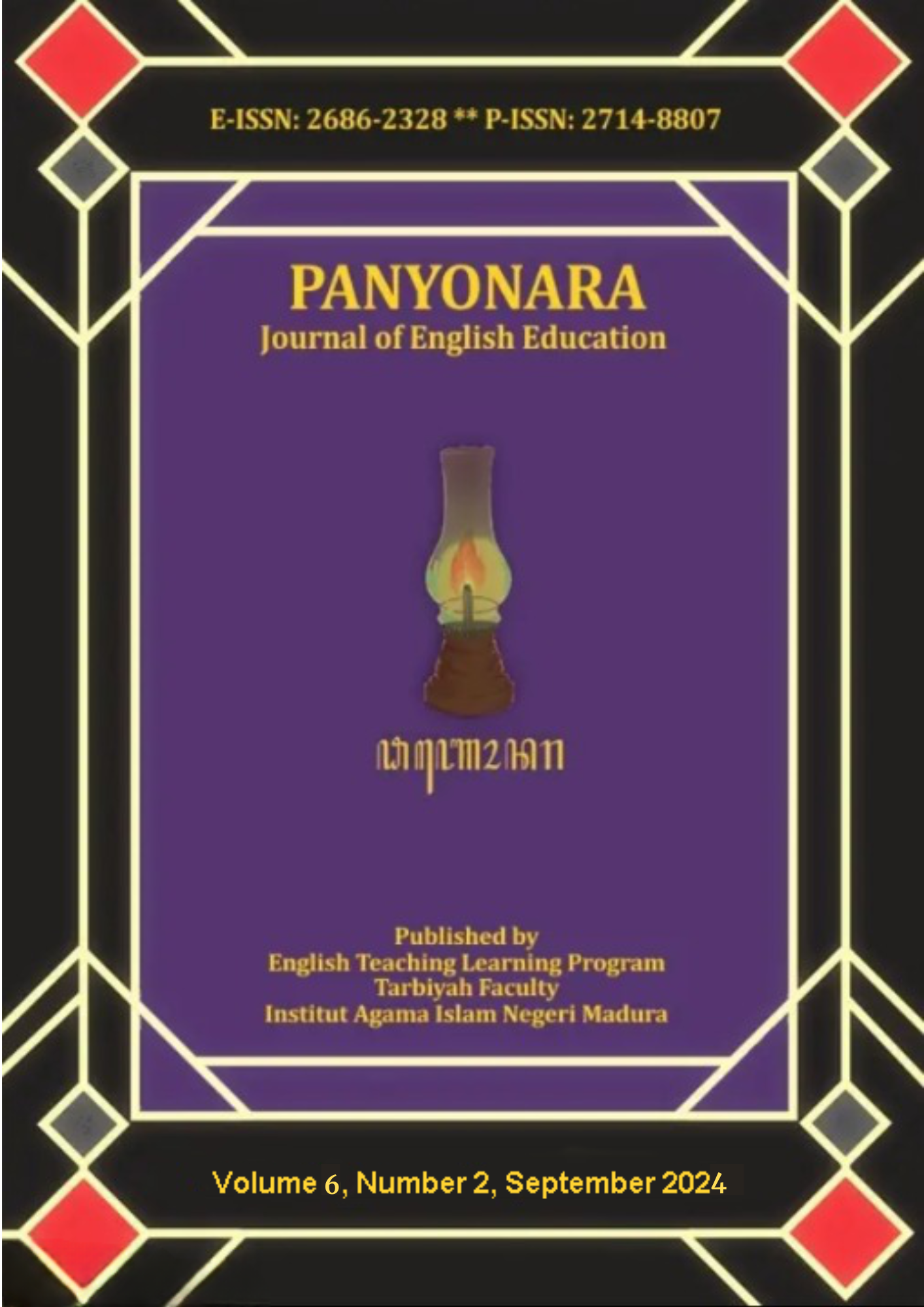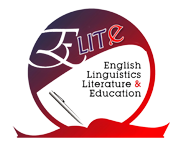Empowering Language Learners: Unleashing the Potential of The Feynman Technique in English Language Acquisition
 Abstract views: 1353
,
Abstract views: 1353
,
 PDF downloads: 789
PDF downloads: 789
Abstract
Abstract: This study investigates the effectiveness of the Feynman Technique in enhancing English language learning (ELL) outcomes. As a relatively new approach compared to traditional language instruction methods, the Feynman Technique emphasizes deeper understanding, active learning, and metacognitive reflection. Using a mixed-methods quasi-experimental design with pre- and post-intervention assessments, alongside observations and interviews, this research explores its impact on language proficiency and learning experiences in L2 English learners. Results demonstrate a significant improvement in language proficiency, with scores increasing from an average of 65% in pre-intervention assessments to 82% post-intervention, indicating a 17% improvement. Additionally, students reported increased confidence and engagement. In conclusion, the Feynman Technique has the potential to revolutionize language education by enabling students to become more autonomous and capable in a global context.
Downloads
References
Braun, V., Clarke, V., & Hayfield, N. (2024). Qualitative Psychology: A Practical Guide to Research Methods. In Research Methods in Psychology. Thematic analysis: A reflexive approach. Qualitative Research in Psychology. (4th ed.). UK: SAGE Publications.
Bruner, J. (1966). Toward a Theory of Instruction. Cambridge: Harvard University Press.
Chen, L., & Zhang, H. (2023). Effective Vocabulary Acquisition Techniques: A Context-Based Approach. Language Learning Research, 12(3), 321–335.
Ellis, R. (2023). Task-Based Language Learning: Theory and Practice. Cambridge: Cambridge University Press.
Feynman, R. P. (2020). Surely You’re Joking, Mr. Feynman: Adventures of a Curious Character. W. W. Norton & Company. WW Norton & Company.
Garcia, C., & Lee, D. (2022). Exploring Innovative Approaches to Language Education. Journal of Language Teaching and Learning, 10(2), 45–60.
García, M., Smith, T., & Brown, K. (2023). Integrating Technology into Language Learning: Opportunities and Challenges. Computer Assisted Language Learning, 36(4), 412–428.
Johnson, R. B., & Christensen, L. B. (2023). Educational Research: Quantitative, Qualitative, and Mixed Approaches. United Kingdom: Sage Publications.
Jones, A. (2024). Cognitive learning theories and the Feynman Technique. Journal of Educational Psychology, 89(1), 45–58.
Jones, A., & Smith, B. (2023). Active Learning Strategies: A Comprehensive Guide for Educators. Routledge.
Lee, C. (2024). Metacognitive Reflection and Language Learning: A Study of the Feynman Technique. Language Learning Research, 35(2), 102–119.
Lee, S., & Kim, J. (2023). Communicative Language Teaching: Promoting Authentic Language Use in the Classroom. Modern Language Journal, 105(2), 187–201.
Park, Y., & Choi, E. (2023). Mobile-Assisted Language Learning: Enhancing Listening and Speaking Proficiency. Language Teaching Research. Language Teaching Research, 17(1), 87–102.
Smith, E., & Brown, L. (2024). Active Engagement in Language Learning: The Role of the Feynman Technique. Applied Linguistics Review, 42(4), 291–309.
Smith, J., & Brown, A. (2023). Exploring the Feasibility of the Feynman Technique in Language Learning. Journal of Applied Linguistics, 30(2), 145–160.
Sobel, H., Cepeda, N., & Kapler, I. (2011). Spacing Effects in Real-World Classroom Vocabulary Learning. Applied Cognitive Psychology, 25, 763–767. doi: https://doi.org/10.1002/ACP.1747.
Taylor, H. (2024). Interactive Learning and Feedback in Language Education: Benefits of the Feynman Technique. Modern Language Journal, 108(2), 215–230.
リーガント, Jeff, M., Thomson, R., & Mehring, J. (2016). Better Vocabulary Study Strategies for Long-Term Learning. Kwansei Gakuin University Humanities Review, 20, 133–141.
The journal uses an Open Access policy under a Creative Commons Attribution-NonCommercial 4.0 International License. Authors who publish with this journal agree to the following terms:
- Authors retain copyright and grant the journal right of first publication with the work simultaneously licensed under a Creative Commons Attribution License that allows others to share the work with an acknowledgment of the work's authorship and initial publication in this journal.
- Authors are able to enter into separate, additional contractual arrangements for the non-exclusive distribution of the journal's published version of the work (e.g., post it to an institutional repository or publish it in a book), with an acknowledgment of its initial publication in this journal.
- Authors are permitted and encouraged to post their work online (e.g., in institutional repositories or on their website) prior to and during the submission process, as it can lead to productive exchanges, as well as earlier and greater citation of published work.
















